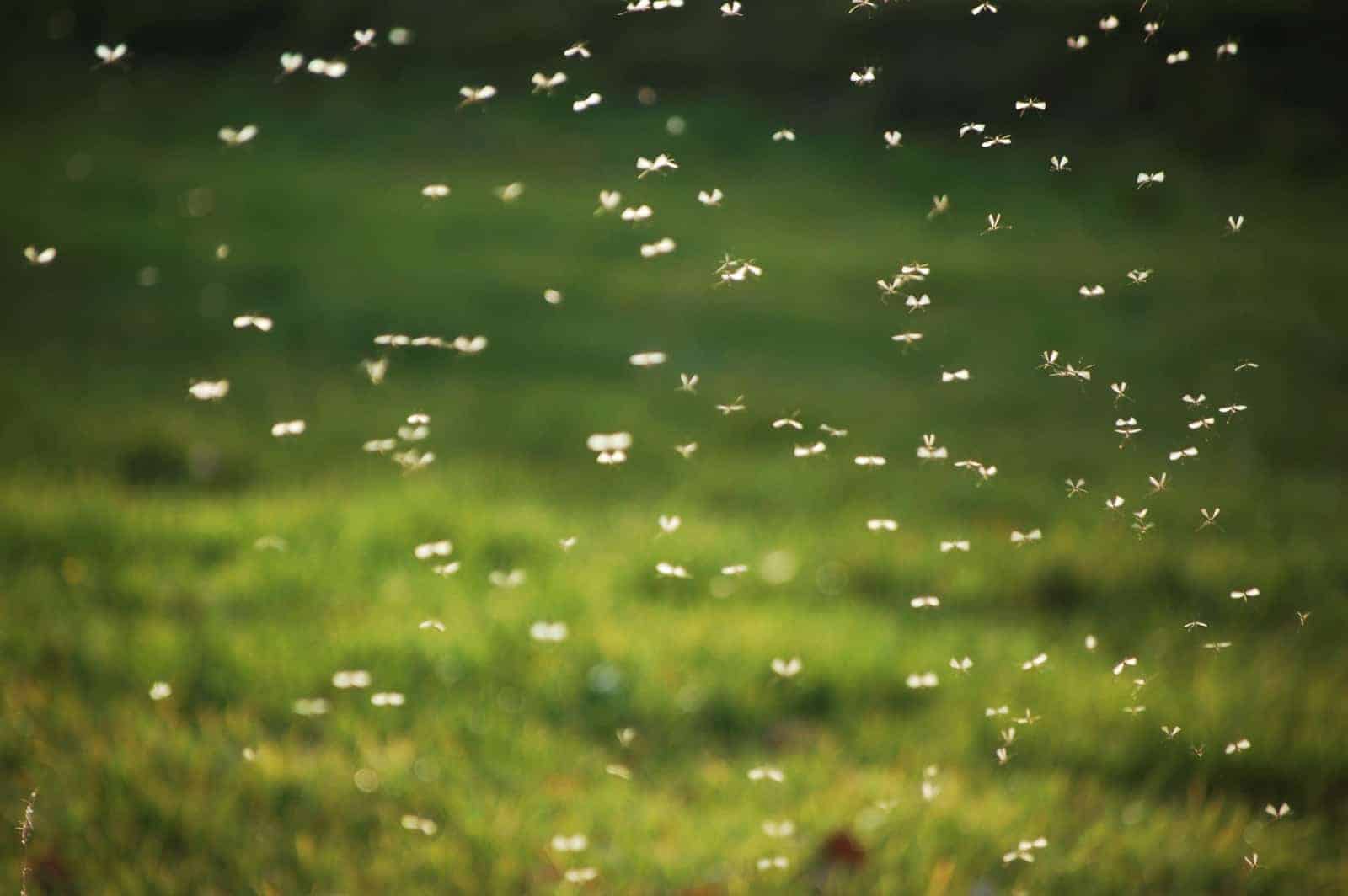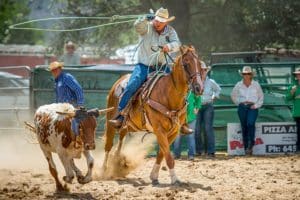Michigan Reports Horses Euthanized Due to WNV

Officials at the Michigan Department of Agriculture and Rural Development (MDARD) have confirmed two horses—one each in Montcalm and Kent counties—with West Nile virus (WNV) in August and September of this year.
On Sept. 4, an unvaccinated 8-year-old Standardbred mare located in Montcalm County, began showing clinical signs that consisted of ataxia (incoordination) and hind-end weakness. She was confirmed positive on Sept. 27 and is reportedly alive and recovering.
On Aug. 5, a 31-year-old vaccinated Quarter Horse gelding in Kent County began showing clinical signs of WNV, which consisted of ataxia (incoordination), depression, backing and falling backward. He was confirmed positive on Aug. 22 and euthanized.
About West Nile Virus
WNV transmission occurs when infected mosquitoes feed on animals, as well as humans, after having fed on infected birds.

Clinical signs of WNV in horses include:
- Mild anorexia and depression
- Fine and coarse muscle and skin fasciculation;
- Hyperesthesia (hypersensitivity to touch and sound);
- Changes in mentation (mentality), when horses look like they’re daydreaming or “just not with it”;
- Occasional drowsiness;
- Propulsive walking (driving or pushing forward, often without control);
- Spinal signs, including asymmetrical weakness; and
- Asymmetrical or symmetrical ataxia.
West Nile virus has no cure; however, some horses can recover with supportive care. Equine mortality rates can reach 30-40%. The American Association of Equine Practitioners includes WNV as one of the core diseases all horses should be vaccinated against at least annually.
Related Articles
Stay on top of the most recent Horse Health news with

















